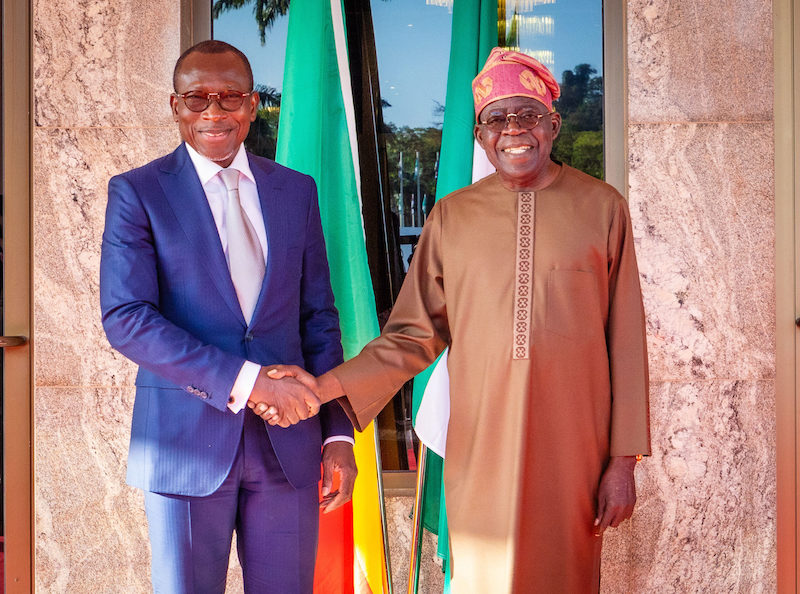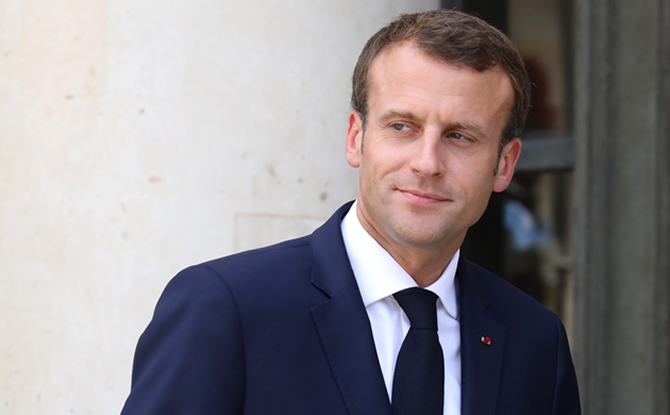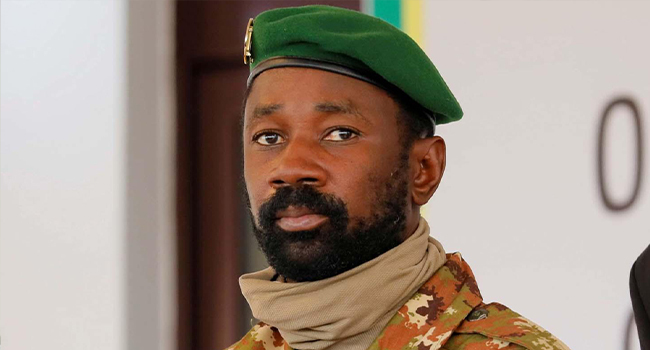
Nigeria and Benin have agreed to deepen regional trade integration through a new economic cooperation framework. Leaders from both countries have committed to strengthening ties and building structured trade relations. The deal follows a meeting during the West Africa Economic Summit, where both presidents endorsed a memorandum of understanding. They aim to remove barriers, improve logistics, and promote investment.
The plan will cover four thematic areas: Trade in Goods; Trade in Services and Private Sector Engagement; Customs Procedures and Trade Facilitation; and Legal and Institutional Issues. Framework experts will begin work on these areas later this year and plan to finalise a binding agreement by early 2026. This framework moves beyond informal trade and establishes structured dialogue, marking a high level of cooperation between the neighbours.
The framework also supports the Economic Community of West African States and the African Continental Free Trade Area by linking local efforts with broader regional goals. Nigeria’s Trade Minister explained that aligning trade, services, customs, and infrastructure is essential to deepen regional trade integration. Both countries share this view as they prepare for structured negotiations.
Customs services from both nations have already started technical discussions. Their work has identified new trade corridors and enabled system connectivity to streamline operations. Customs chiefs believe the new arrangements will ease the movement of goods, especially for small and medium enterprises. Traders can expect fewer delays and clearer procedures under the revised system.
Nigeria’s customs chief highlighted that their work reflects the shared vision of both Heads of State for economic growth. He added that corridor-based solutions will speed up transit and transshipment. The countries also launched modernisation efforts at the Cotonou Port and the Seme-Krake Joint Border Post to improve border operations. Joint tours helped both teams assess current conditions.
High-ranking ministers from both countries attended the meeting. Nigeria’s delegation included officials from trade, foreign affairs, customs, and industry. Benin’s team featured ministers of economy, finance, justice, foreign affairs, and trade, reflecting broad support from both governments. Their presence shows strong political commitment to the initiative.
This framework builds on a preliminary MoU signed in June and aims to turn political commitment into tangible outcomes. Negotiations will begin in the fourth quarter of 2025, with both nations aiming to finalise a full agreement by the first quarter of 2026. The initiative will serve as a model for regional cooperation across West Africa and emphasizes that integration must be practical and inclusive.
Nigeria and Benin have already started implementing parts of the agreement. They launched a digital system to manage goods in transit, reducing bureaucracy and curbing fraud. Early results show smoother cross-border trade and stronger institutional cooperation. Officials believe deeper regional trade integration will boost prosperity and set a new course for West African economic collaboration.



